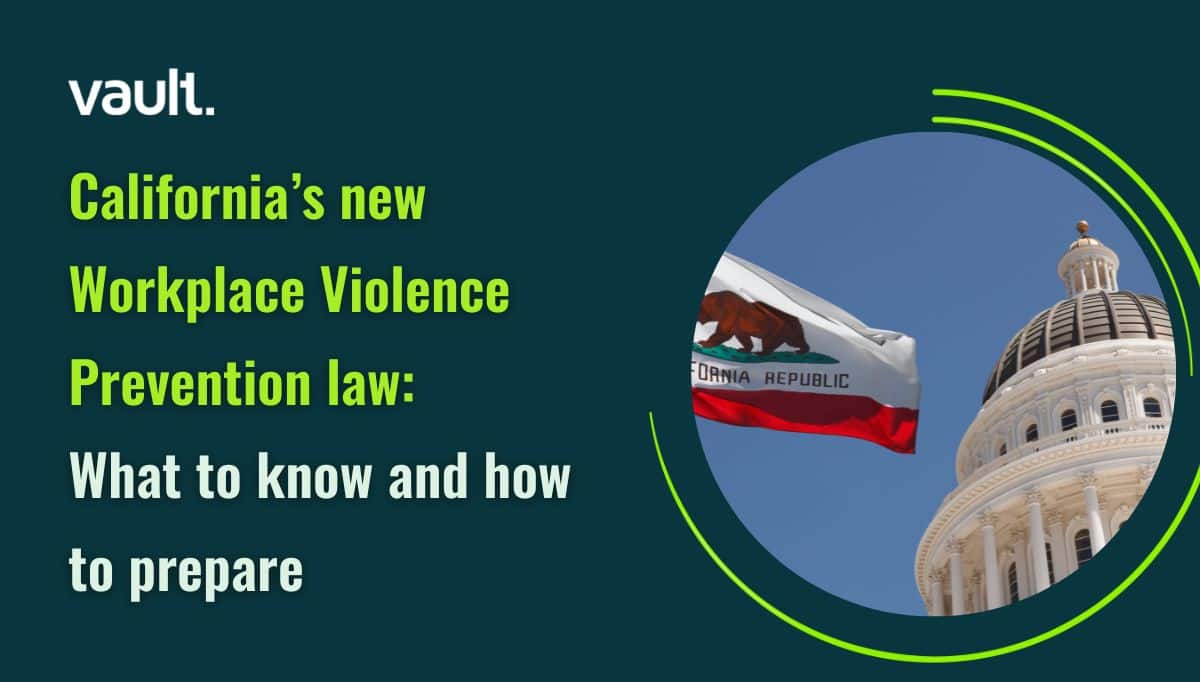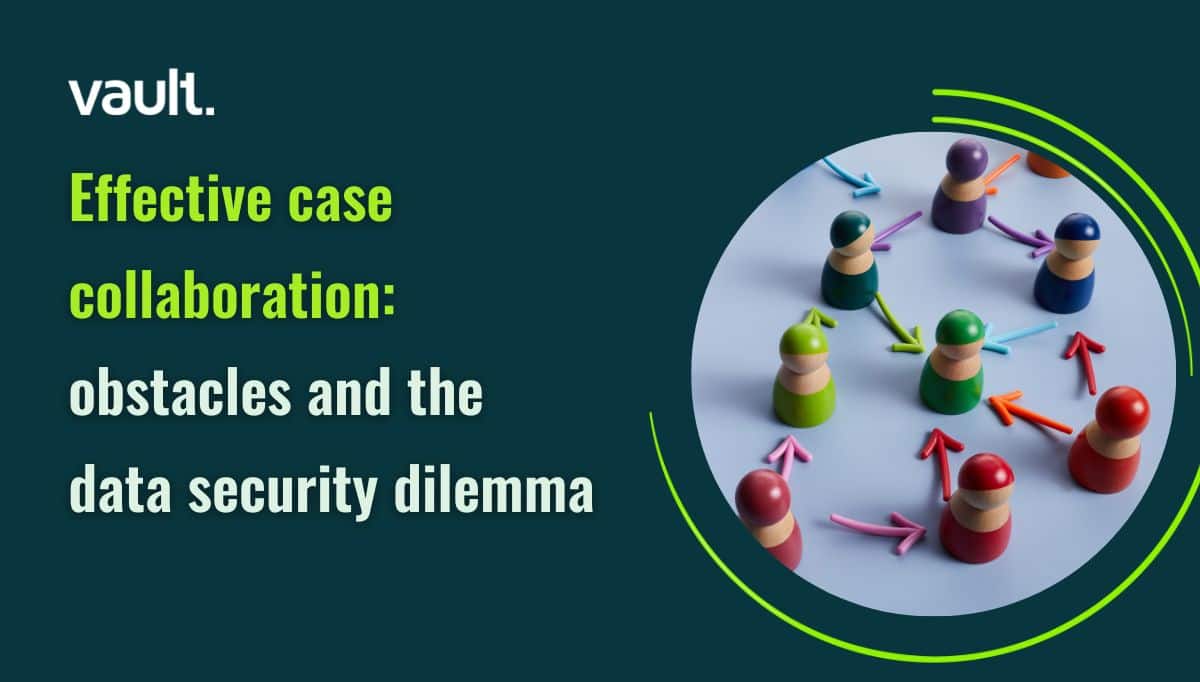As we make the transition back into some semblance of familiarity and routine, we face the question of what “normal” will look like for our daily lives. With 62% of the US workforce working from home according to Gallup, and up to 75% of workers in the UK, the pandemic has been a mass work from home experiment. The ease with which workplaces have made the shift should not come as any surprise – self-determination theory teaches us that the formula for existential satisfaction lies at the intersection of mastery, purpose and autonomy. It is hard to imagine then that the world of work will ever be the same, and therefore organizational culture will have to fundamentally change towards a more distributed model.
With this in mind, culture will partly shift towards the digital and with it, issues like inclusivity and diversity, workplace misconduct, harassment and bullying may in parallel move into the virtual. A significant proportion of organizational design will focus on how to integrate online/offline worlds, perhaps even across cultural and international borders.
Workplace culture considerations and how organizations can start planning for the future:
- Create a Speak Up culture: provide a safe, secure, and confidential platform for employees to report workplace misconduct without fear of reprisal or retribution. This should be a critical component of an organization’s policies and practices where misconduct is defined and the processes for dealing with bad behavior are outlined. Consider using third-party platform Vault Platform for recording and reporting workplace incidents so that employees feel comfortable about the process and their ability to report anonymously, in-name, or with the support of colleagues. Building this trust and Speak Up culture is especially important when physical barriers are in place.
- Listen to your employees: great leaders are active listeners, and even more so at a distance. Send a clear message to your employees that their concerns however small will be heard, respected and resolved. Make accountability part of the company’s culture. If employees see there are no consequences as a result of the perpetrator’s bad behavior or that there’s a disparity in the consequences being handed out, trust in the process will fall by the wayside. Employees should feel that everyone is treated equally and confident that a resolution will take place.
- Be adaptable to change: one of the key hallmarks of successful leadership and organizational success in the 21st century is adaptability – that is, the agility in response to ever-changing external environments. Leaders who can demonstrate a growth mindset will ultimately build resilience on an organizational level.
At Vault, we’re proud to be supporting our clients in building a future of work that works for employers and employees alike. That is, a culture where employees feel comfortable speaking up, are empowered to share concerns and know that they will be heard. Organizational leaders have a clear opportunity to shape a future on strong foundations of transparency, trust and inclusivity.
See how Vault can support your organizational culture now and in the future.
[simple-author-box]


